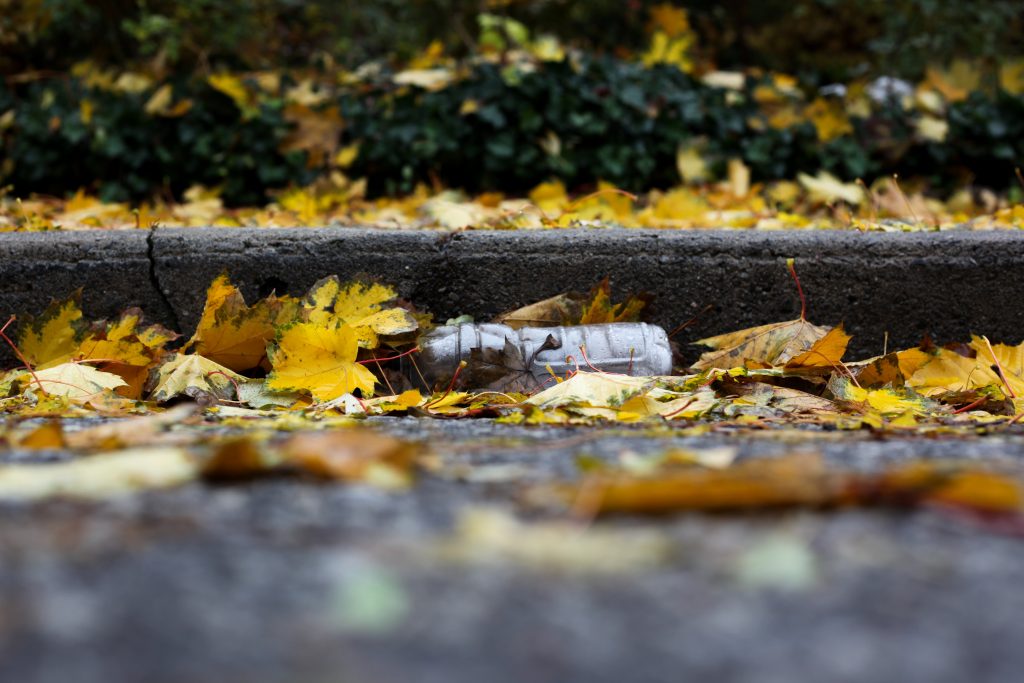I created a class to teach zero waste. It turned into so much more.
- This activist created and teaches a course at UC Berkeley about how to achieve zero waste.
- In an interview with the Forum, she discusses the course and its aims – and her hopes and ambitions for the future.
Sage Lenier, an environmental activist and graduate from UC Berkeley, created a wildly popular course at her university dedicated to sustainable solutions and circular systems thinking against the broader backdrop of environmental justice. In Spring 2020, the course enrolled more than 300 students eager to learn how they can drive the shift towards a more ethical and sustainable society. The World Economic Forum sat down with Sage for a quick Q&A.
What drove you to start teaching zero waste?
When I started at UC Berkeley, I was excited to be going to a school that had – I’m told – one of the best environmental curriculums in the nation. But I quickly realized that much of the education I was receiving had little real-life application; the material lacked the call-to-action that is really necessary for addressing the ecological crisis.
That’s why I decided to create a course that was solutions-focused and action-based. I started out with the concept of zero waste, but I scaled it up from individual-level action to build a vision for an economy, design system and culture that operate on the premise that natural resources are valuable and limited. I also cover modern food systems, climate change and decarbonization, and green cities, always looking at a global picture of access, equity, and cultural and ecological diversity.
The approach I take helps students learn how all of these things come together for a vision of a sustainable future. I want them to be excited about the year 2100, rather than terrified.
What are the biggest misconceptions about your course?
Sometimes my course gets misconstrued as a place where I teach students about what they can do to lessen their individual environmental impact. It’s not really that at all. I do try to walk my students through the changes that they can make in their own lives, but the course is really about a societal revolution. It’s focused on structural change, political advocacy, and community power.
Two-thirds of my students are not environmental majors, and I try to give everyone something that they can do with their lives and their careers. A business major, after taking the class, might tell me: “I want to spend my career in businesses that fit with the circular economy.” Or a biochemistry major might say: “I could operate a green lab.” I’m focused on big-picture solutions, all of us coming together to accomplish something through so many different avenues with our different skill sets, as well as how we can make our community a little bit better.

